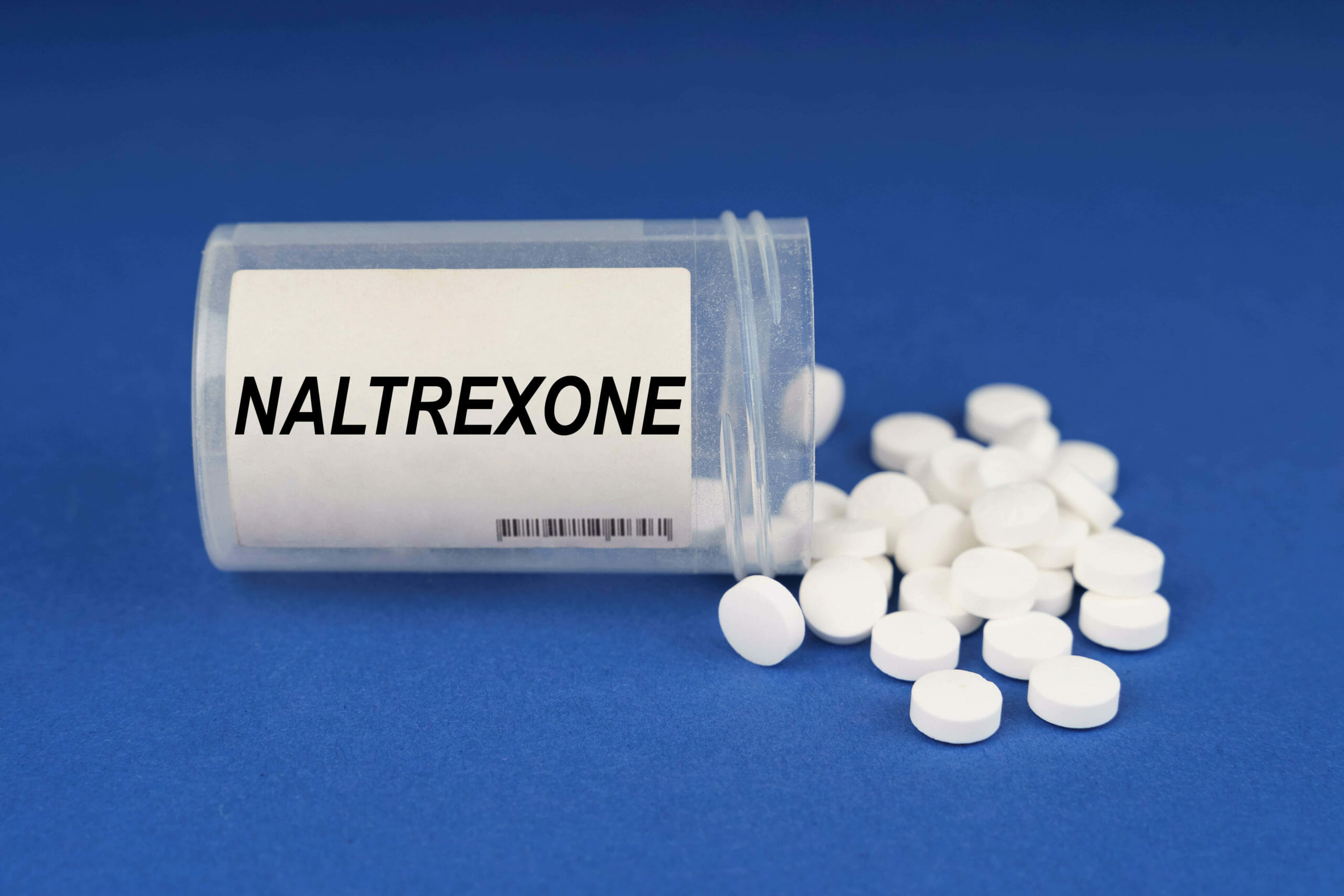What is Naltrexone?
Naltrexone, also known as ReVia, is used to help alcohol and narcotic dependents stay drug and alcohol free. FDA approved for alcohol use disorder since 1994, Naltrexone can be taken via prescription orally or by injection to help people with moderate-to-severe alcohol use disorder who want to stop drinking or reduce the motivation to consume alcohol. Naltrexone is not a cure for addictions, but it suppresses the euphoria and pleasurable sensations of alcohol.
Does Naltrexone Work for Alcohol Use Disorder?
Health experts say that Naltrexone, which is typically used in situations where a person is actively recovering, has a lengthy history of effectiveness and that the drug is not meant to take away the desire to drink completely and varies from patient to patient. Some people can immediately change their relationship with alcohol, while with most people, Naltrexone only reduces the pleasure and cravings of alcohol to a certain extent and is best supported by other tools such as therapy, counseling, and treatment to address the social and psychological influences.
According to one clinical trial, it was confirmed that Naltrexone, when used in combination with psychosocial therapy, could reduce cravings for alcohol and decrease relapse rates of alcohol use. Another report by the National Institute of Health (NIH) states that a meta-analysis of 19 studies with over 3,000 participants showed that Naltrexone reduced the likelihood of relapse by 38%. Another meta-analysis, also by NIH, states that 50 randomized clinical trials with 7,793 participants concluded that Naltrexone was effective at reducing the amount and frequency of drinking.
Does Naltrexone Have Any Side Effects?
Naltrexone has comparatively fewer and less severe side effects than alternative treatments. Some common side effects of Naltrexone include insomnia, nausea and vomiting, diarrhea, anxiety and nervousness, headaches, abdominal pain, aches, rash, dizziness, tiredness, constipation, chills, increased or decreased energy, and ringing in the ears. Some serious side effects may include suicidal thoughts, hallucinations, blurred vision, swelling in the face, feet, and legs, and shortness of breath.
How Does Naltrexone Work?
According to the Substance Abuse and Mental Health Services Administration, Naltrexone is not recommended for anyone under 18. Naltrexone is also not an opioid, is not addictive, and does not cause withdrawal symptoms. A prescription is needed to legally obtain Naltrexone. The tablet form of Naltrexone, also known as ReVia and Depade, is used in an inpatient rehab setting and is taken once a day. The injectable form, known as Vivitrol, is injected into the muscle once a month. Some say the injection is a good alternative to taking a pill daily.
Naltrexone treatment, which lasts for about four months, works by blocking the body’s receptors that produce euphoric feelings when a person drinks. Naltrexone reduces alcohol cravings and the amount of alcohol consumed. Reports show that patients express experiencing anti-craving effects for approximately 24 hours after they take a dose of Naltrexone. And because Naltrexone is not addictive, users will not develop dependence or other addictive traits when taking the medication.
Naltrexone is best for people who want to reduce alcohol intake over time and who want to reset their mental and physical reactions to alcohol.


 Verify Insurance
Verify Insurance
 Toll Free Call
Toll Free Call